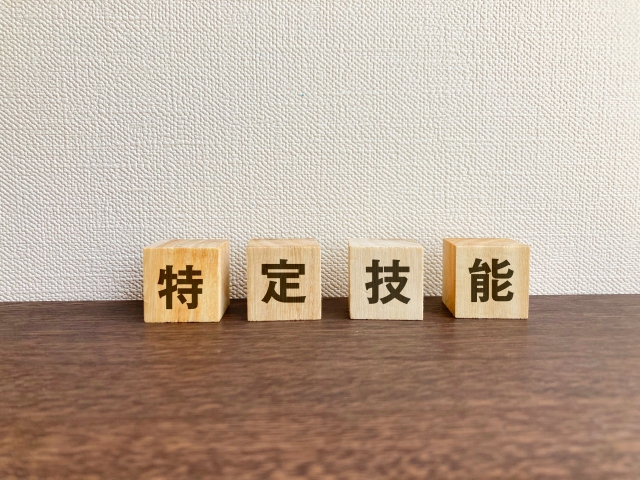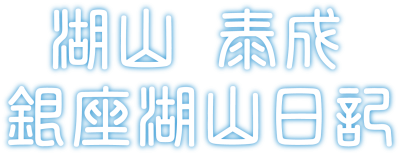From a technical intern training to specific skills worker

When I worked as a consultant for a nursing home in Shanghai, I thought that staff training was the most important thing, so I started accepting staff training from China through the Technical Intern Training Program.
But after that, the Chinese operating company thought it would be too costly for the staff to study in Japan, so I quit.
After that, technical intern trainees were also accepted, but Koyama G gave them the same treatment as Japanese people, so considering the dormitory, acceptance procedures, expenses, and education costs, it costs a lot.
At Koyama G, from the beginning, this has been an educational and cultural support project for accepting international students.
It has publicly stated that it is not a countermeasure against the labor shortage.
In fact, Koyama G hires 365 new graduates every year, and if mid-career hires are included, the number of full-time employees increases by 850 each year.
As a result, the number of facilities has also increased.
As the number of staff increased, the number of beds and facilities increased as a workplace.
The young staff will be in charge of the planning, design and interior of the new facility.
Involved in next year’s hiring and training plans.
Recruitment in the medical welfare industry?
Recently, the number of specific skills is increasing.
Word of mouth.
In Kanagawa, there are 100 staff from Vietnam with specific skills.
In Saitama, there are 30 people from Indonesia.
Everyone is bright and cheerful.
Newcomers in Japan are also inspired by them.
International contributions can also be made within Japan.
Five years from now, there will be Koyama staff officers from foreign countries.
They are sincere and excellent.
Whether he remains in Japan or returns to his home country, he believes that he will bring Koyama’s DNA with him and nurture the medical care business.
Pulse oximeter 97/99/98
Body temperature 36.4 Blood sugar 187
Cafeteria Marathon
CEO Yasunari Koyama
